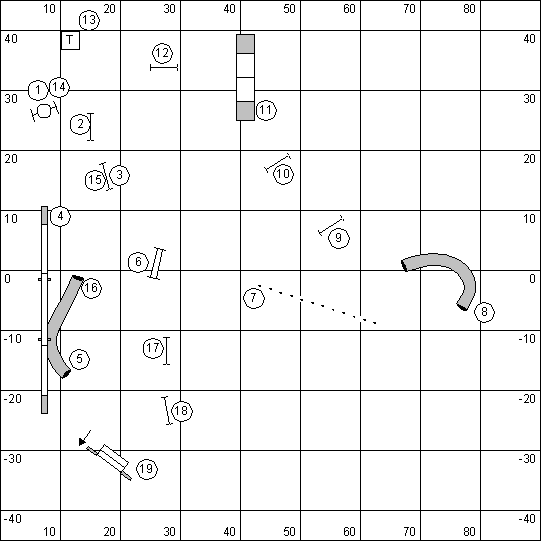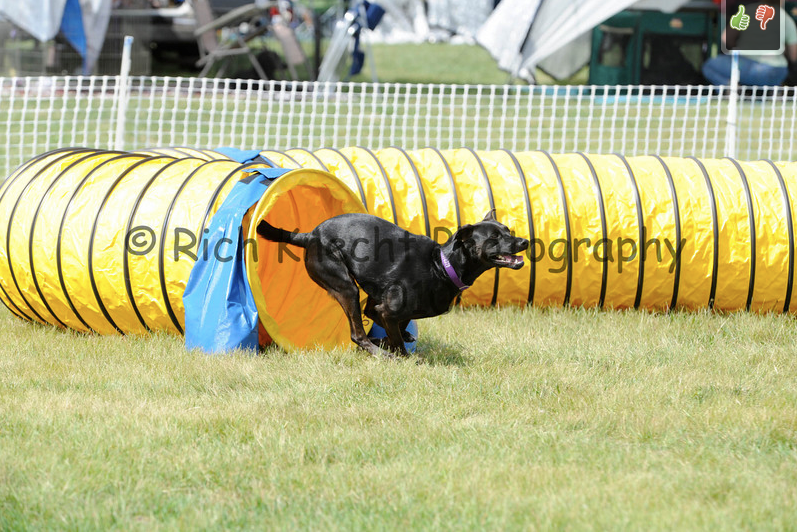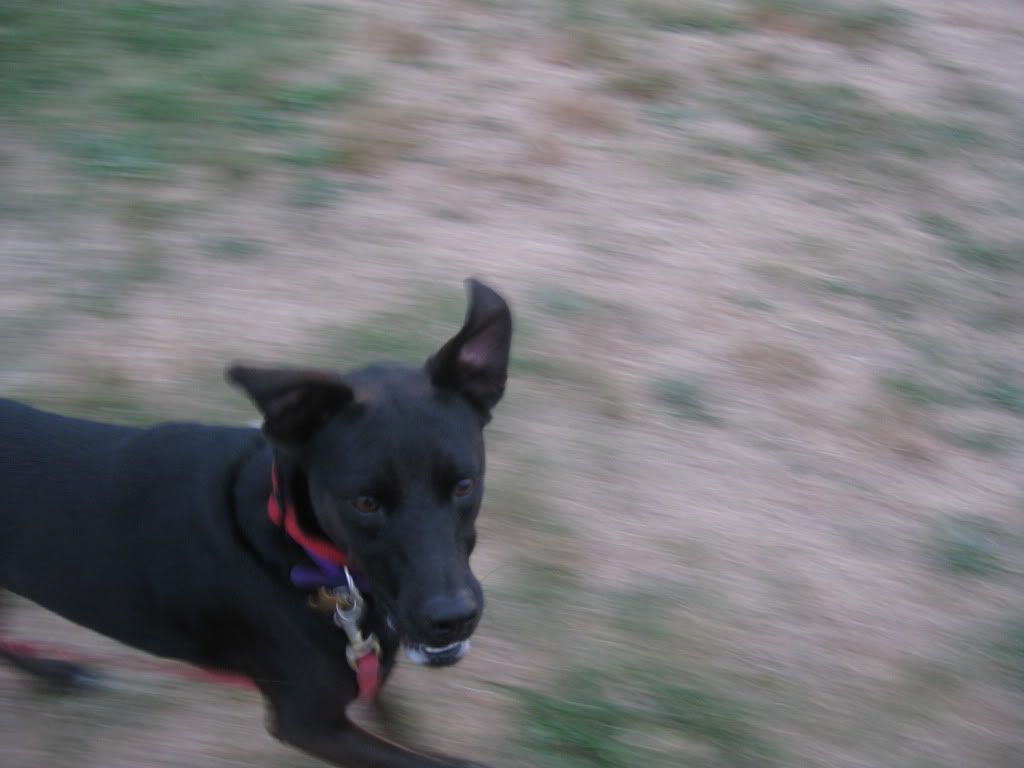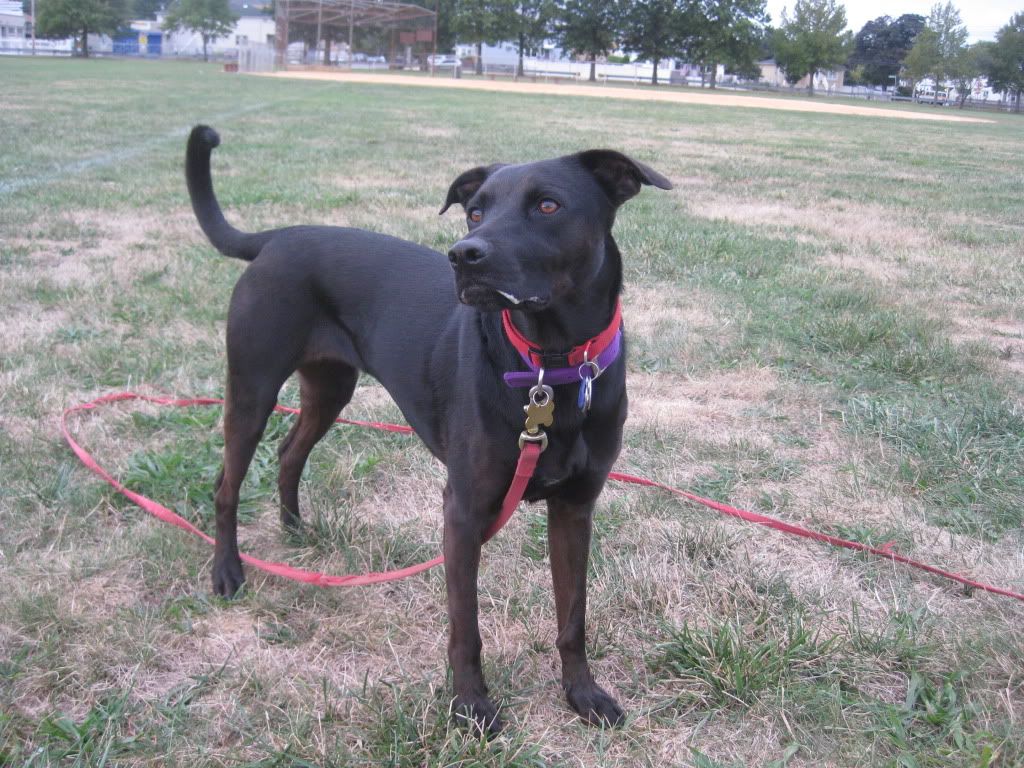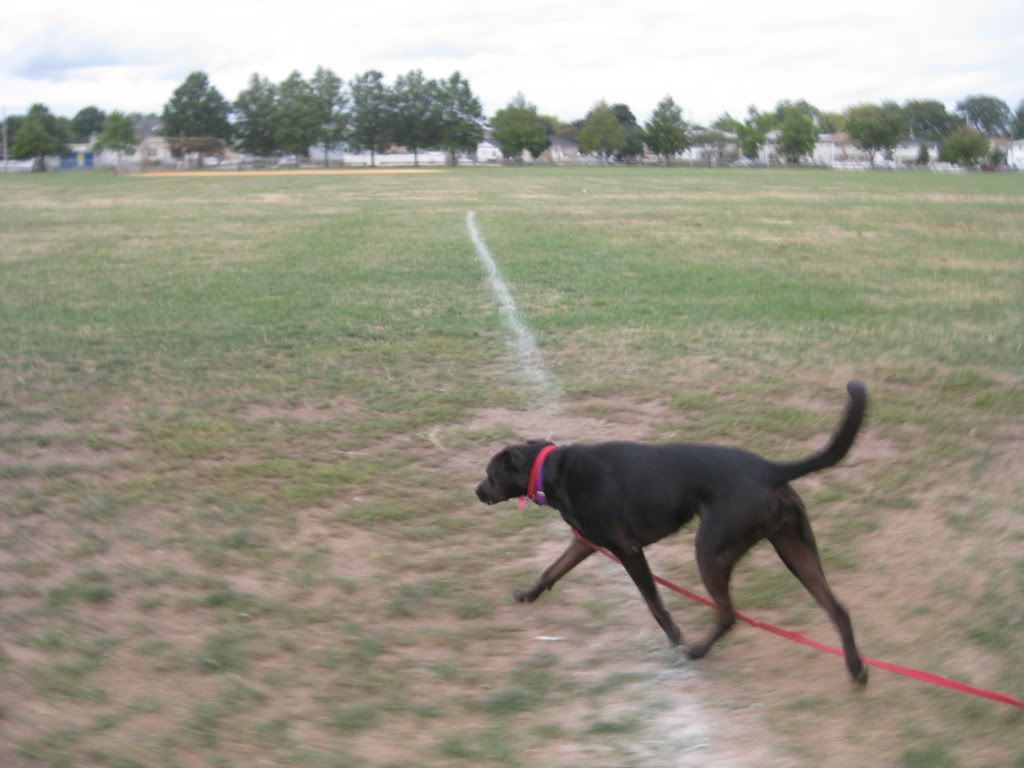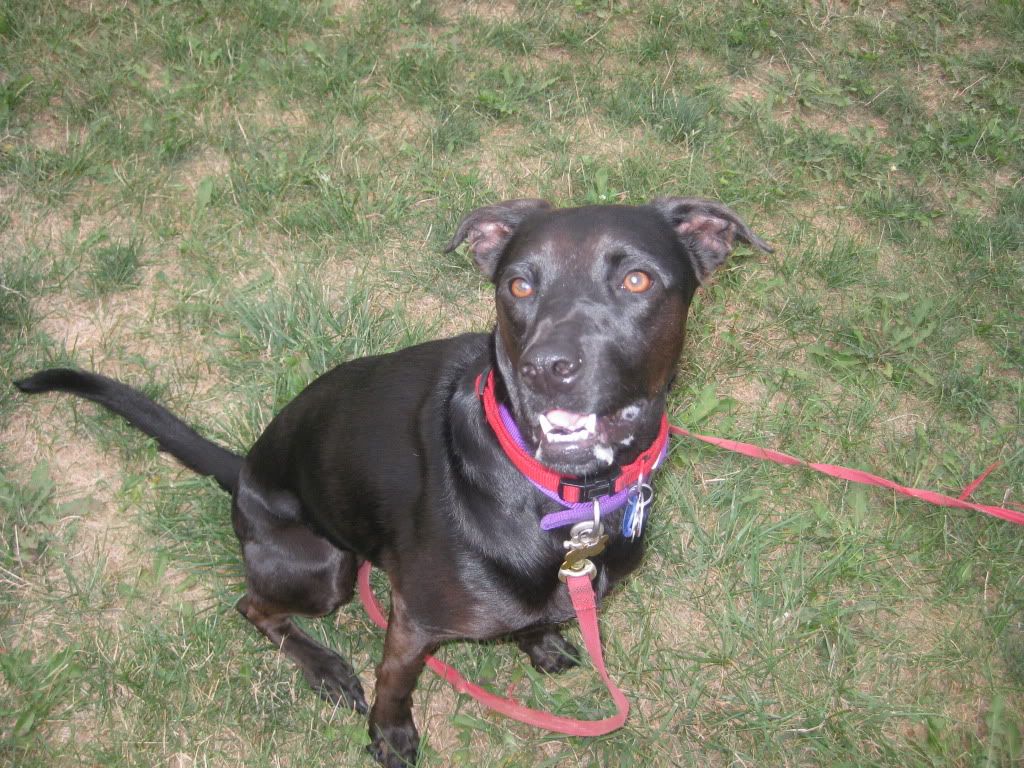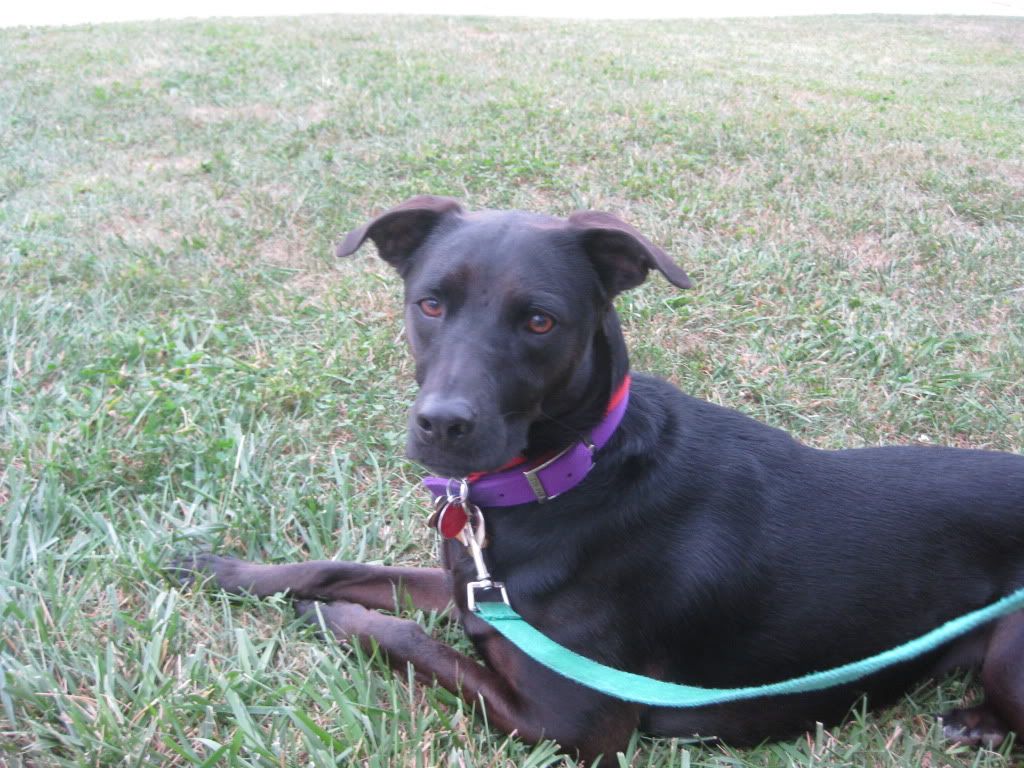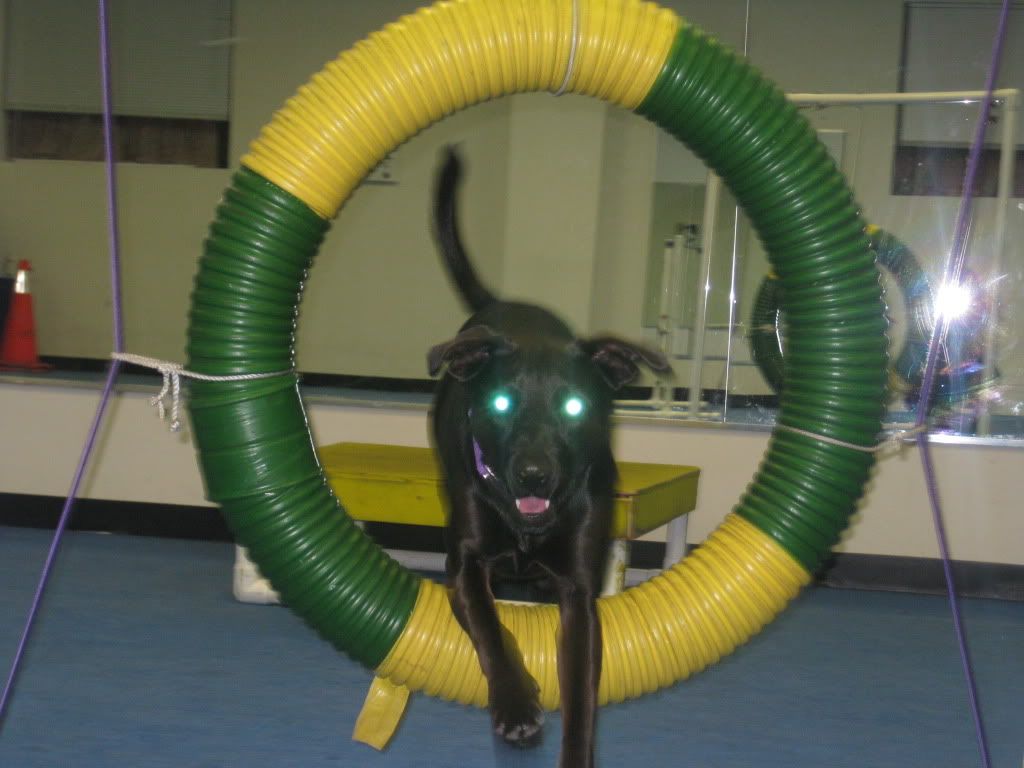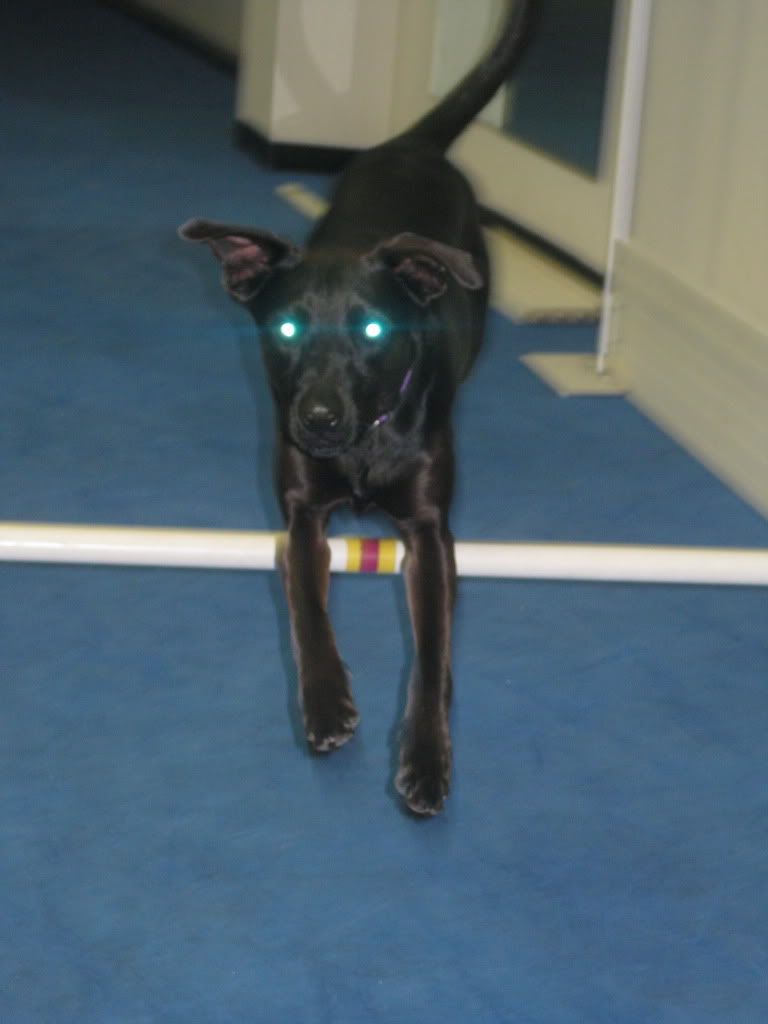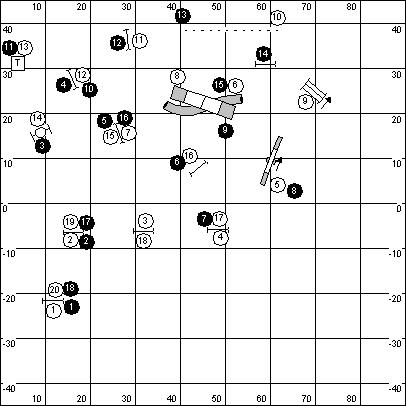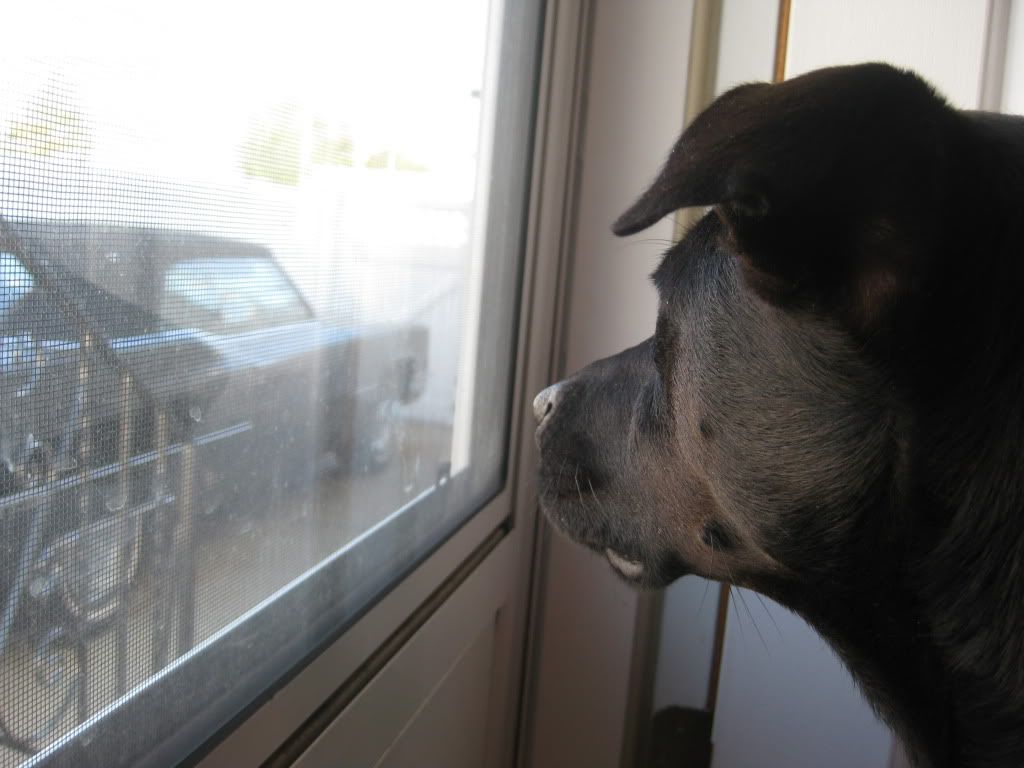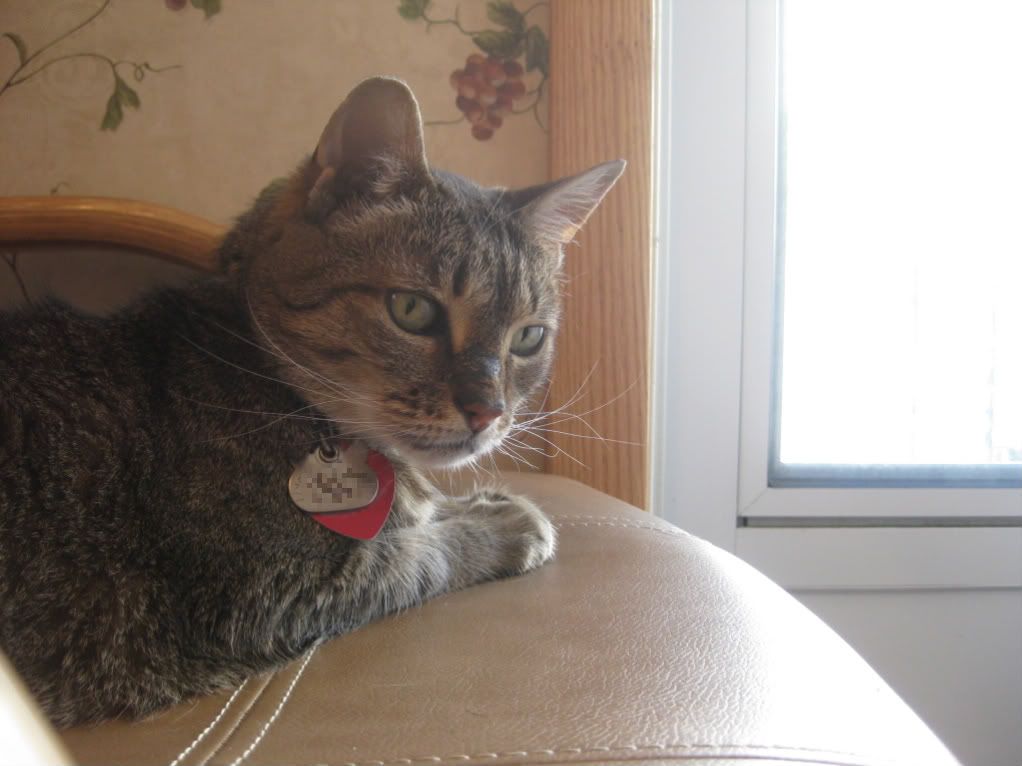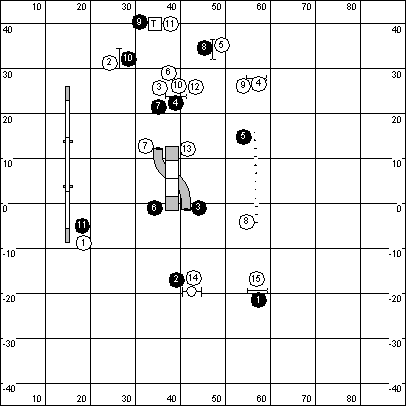I was kind of misleading when I said I was working "full-time" at an internship. I'm working 5 hours, one day a week, which is the amount of time required for the class that I am taking in conjunction with it.
I am not a "kid-person." Historically, I've had a ton of trouble relating to them. (And don't even get me started on the months-olds; I have no experience with infants, and the thought of holding a baby in my arms pretty much terrifies me. I think I have a slight phobia.) But really, yesterday was kind of cool. At my internship, I'm working in a group setting with kids (ages 4 to 8) who have been affected by substance use in their families (parent, sibling, etc). This week was my first time with them.
Of course, I can't say too much about it, because there is a big fancy word called C-O-N-F-I-D-E-N-T-I-A-L-I-T-Y. I mostly observed the group, since I'm still new, but I really realized that I already know a good deal about the things that I'll face as I help them work to overcome the things that are bothering them... because they really aren't that much different than dogs.
That's not an insult. In fact, it's probably a compliment, and, at the very least, a testament to just how powerful learning mechanisms are.
Here's some food for thought (infused with pictures from Marge's early morning walk this week for your visual pleasure):

Why do dogs have behavioral problems like fear, aggression, and anxiety? Many times, it's because something set those things off. Living in a cage. Being abused. Having to fight for resources. Growing up without littermates or parents. Getting sick. Even if we go to the biological level and say that fear/anxiety/aggression may have a genetic base, it is many times a
person who makes the decision to breed two ill-temperamented dogs and brings a litter of puppies in to this world with a disadvantage.
So, just the way I believe that the environment in which a puppy lives is extremely critical to their success as an adult dog, the same goes for people. Kids don't just wind up with behavioral problems; their environment plays a huge role in what they're like. Family situation. Money situation. The larger social/political/economic context of the time in which they live. The neighborhood. The food they eat. Where they sleep. Witnessing violence. You get the idea.
When they're messed up, they all respond differently.
Some dogs could be beaten over the head with a baseball bat two hundred times and still wag their tail when ever they meet a new person. Others will develop terrible anxiety and fear as a result of it. Still others will become reactive and/or aggressive.
Each one of the kids I saw yesterday had their own way of coping with the difficulties in their life. One was hyper, talkative, and clownish. Another was completely stoic and seemingly unaffected to the point that it was actually a little scary. And, the last was pretty much "normal," if not maybe a bit on the emotional side. I would have never guessed it. All along, I thought that kids were all just crazy little people, without ever really thinking about it.
They're annoying. Irritating. Make you want to rip your hair out!
There have been plenty of times where I've been frustrated by a dog's behavior. Whining. Barking. Lunging. Inappropriately-timed zoomy fits. It's inevitable that we'll sometimes feel stressed out about it.
Now, I wouldn't be a good candidate for this internship if I was already feeling that way, after so few sessions. (I'm certainly not!) But, I can see how it'd be frustrating to deal with a kid who can't sit still, or talks at the wrong time, or swears, or won't follow directions, or won't open up to you. Understanding the "WHY" behind these behaviors is essential (see Point #1, of course) in having some empathy with them and patience for them.
Operant techniques work with them (when you're teaching voluntary, non-emotionally based behaviors, of course).
We reward when we like something; we withhold or take something away when we don't like something. That's how I train my dog, anyway. And it works, because it makes a behavior more likely if we're using a reward that's reinforcing enough.
There was plenty of operant conditioning going on yesterday. Kids got a prize at the end of their group session if they were well-behaved (positive reinforcement). Kids could not get a prize if they had acted badly during the session (negative punishment). Kids were given time-outs for bad behavior (punishment, positive or negative depending on how you look at it). Since they knew these rules in their head, there were very few problems and they were, for the most part, well behaved.
Structure works with them.
Dogs with behavior problems like to know what's coming next.. it minimizes anxiety. This makes schedules and structure work so well for them. If they can be certain that the scary man on the street is NOT going to approach them, ever, under any circumstance, they may feel better about walking in close proximity to him. If they know where they're going to dog training class, who will be there, and what they'll be doing, they may be less reactive. Walking at the same times, taking a nap in their crate each evening, it all plays a role. Making life predictable for dogs who have faced so much unpredictability is a good thing.
As I've learned, the same goes for kids with issues. The kids in this group know the exact structure of their meeting. It never changes. The content may change (books, arts and crafts, etc.), but the format does not. The reasoning behind this is exactly the same; if their life at home is filled with turmoil, they may very well be eating ice cream for breakfast and watching their parents get high before they go to bed. A group therapy session like this may very well be the only structure that they have, for one hour a week.
They're cute.
Yeah.. this one's self explanatory. What's better than a fuzzy, four-legged animal whose favorite pastime is licking your face?
And, well.. you won't see me opening a daycare or applying to teach Kindergarten anytime soon, but I have to admit, the kids were cute and sweet. Especially the one who did a Steve Urkel impression.

